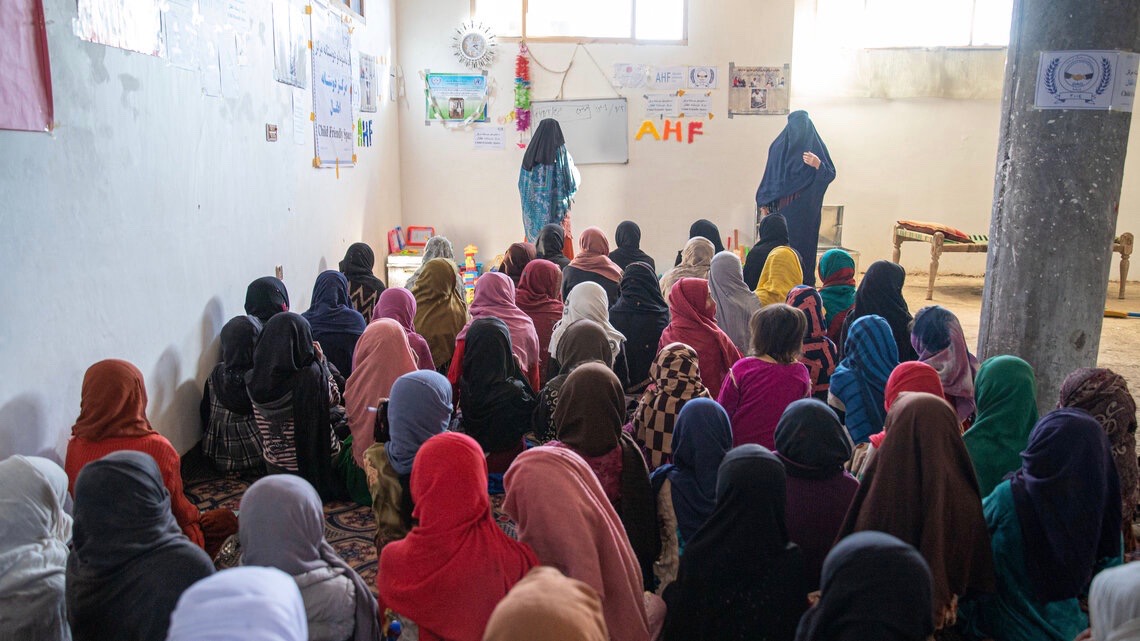In a statement issued on Wednesday, December 29, the Inter-Agency Standing Committee of the United Nations said that “many activities will need to be paused as we cannot deliver principled humanitarian assistance without female aid workers” in Afghanistan.
The statement also asked the “de facto authorities” in Afghanistan to “reconsider and reverse” the directives “banning women from schools, universities and public life,” apart from reversing the ban on women working with NGOs. “No country can afford to exclude half of its population from contributing to society,” the statement said.
The statement is signed by Martin Griffiths, Under-Secretary General for Humanitarian Affairs, and the heads of dozens of other UN agencies working in Afghanistan.
The Taliban government in Afghanistan had earlier this week asked all national and international NGOs to remove their female staff. They threatened the NGOs with withdrawal of licenses to work in the country if they fail to comply with the order.
The Taliban cited violations of the prescribed dress code for banning women from working in NGOs.
The decision has invited strong reactions from various countries and organizations. Following the order, several NGOs announced suspension of their operations in the country, claiming that the nature of their work makes it impossible to function without women staff.
UN agencies also claimed in the statement that “banning women from humanitarian work has immediate life-threatening consequences for all Afghans” and “some-critical programs have had to stop temporarily due to lack of female staff.” Noting that “more than 28 million people in Afghanistan, including millions of women and children, require assistance to survive,” the UN agencies said that women’s “professional expertise is indispensable” and that “their participation in aid delivery is not negotiable and must continue.”
The Taliban government also banned women from attending universities and other higher educational institutions last week. The decision has been criticized by numerous international human rights groups and led to protests across Afghanistan.
The UN Security Council also issued a statement on Tuesday, criticizing both the decisions of the Taliban government and asking for their reversal. It pointed out that “these restrictions contradict the commitments made by the Taliban to the Afghan people, as well as the expectations of the international community.”
Office of the high commissioner of the UN Human Rights Commission (UNHRC) also issued a statement on Tuesday denouncing the Taliban government’s move to ban women from universities and NGOs, and asked it “to ensure the respect and and protection of the rights of all women and girls-to be seen, to be heard and to participate and contribute to all aspects of the social, political and economic life of the country.”





